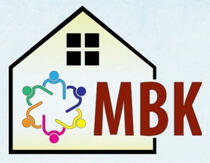
My Brother's Keeper
House of Hope and Redemption
A Therapeutic Community approach to the
treatment of substance abuse and behavior disorders
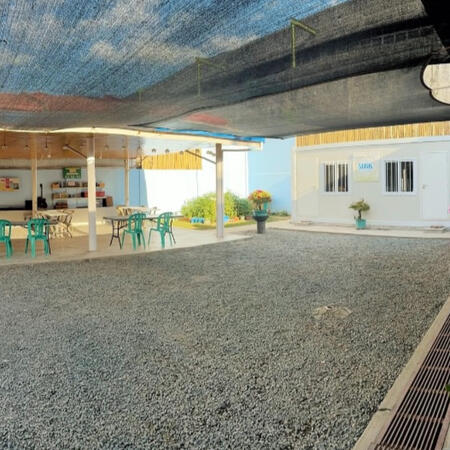
About Us
My Brother’s Keeper was founded in November 2022 with the mission to provide a nurturing family system during treatment. We believe that individuals are best treated physically, emotionally, mentally, and spiritually. By working on these four core areas of a person, the success for sobriety increases exponentially. With a comprehensive understanding of the disease of addiction and the participation of significant persons involved in treatment, hand in hand with the guidance of a Higher power, the whole treatment process towards recovery leads us to live productive and meaningful lives.
Treatment Approach
THE MAIN TREATMENT APPROACH used by MBK is called the Therapeutic Community (TC). Developed more than 50 years ago, the TC is one of the most effective behavior modification programs in the world. It is founded on the “Enlightenment Model” of recovery, wherein individuals living together empower each other to heal their addiction through insights derived from group processes and “learning experiences”. The MBK TC Program is divided into four stages of development:
Junior, Senior, Re-entry and Aftercare.
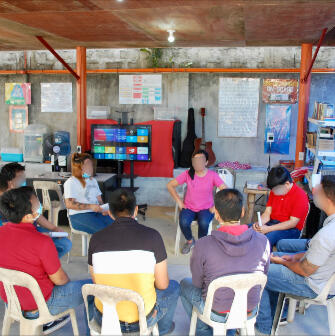
MBK Program Phases
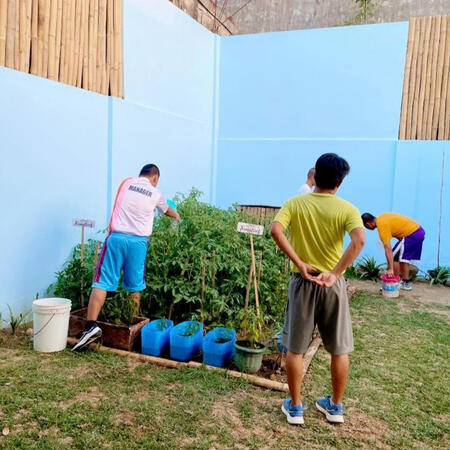
I. Junior Phase: SELF DISCOVERY (6 months)
In the Junior Phase, residents are empowered to re-discover themselves and realize their need for change. They learn to be aware of their feelings and are taught how to express them appropriately. In the process, they get to identify and confront their inner demons. In this phase, residents are made to assume the basic responsibilities of the community and are facilitated to discover some of their counter-productive behavior. Through daily activities and therapy sessions, they learn to resolve the inner conflicts that lie at the core of their addiction. The milestone achievement of this phase is for Juniors to conduct themselves objectively in their first Family Dialogue. In this dialogue, they assume responsibility for their past actions and commit to a discipline of change. After this dialogue, an evaluation is conducted to determine their readiness for the next phase.-II. Senior Phase: SELF FORMATION (3 months)
In the Senior phase, residents are awarded additional privileges such as family visits and days-off with an escort. They are now officers of the house and are entrusted with the responsibility of supervising younger residents. As they now interact more often with their families, they are expected to apply their learned interpersonal skills while working to heal their issues with the family. MBK takes particular care in ensuring the formation of one's values and principles. As such, Seniors are taught effective communication and leadership skills to ward off negative influences in their life in recovery. At the end of this phase, a second Family Dialogue is held to assess their maturity and readiness to be given a first day-off without an escort.-III. Re-entry Phase: SELF DIRECTION (5 months)
In the Re-entry Phase, residents enjoy the regularity of weekly days-off. They begin to train as Program Facilitators or Admin Officers and are taught skills in work organization and communication. Re-entry residents are guided in making smart decisions, most especially when choosing friends and activities. They are taught how to facilitate group sessions and are coached in handling crisis situations. As role models of the community, they are expected to behave ethically and professionally. To complete this phase, residents must write a career proposal, which they must be prepared to defend. A panel interview normally determines their eligibility for the Aftercare phase.-IV. Aftercare Phase: INTEGRATION (6 months)
Aftercare residents are exposed to the full spectrum of family and social life. They are expected to pursue their planned careers either as a student, employee or business proprietor. As such, they will not graduate unless they are functionally integrated in a professional lifestyle. Apart from learning to consolidate their work and social life, residents in this last phase of development are expected to continue supporting their recovery by attending weekly Aftercare meetings. By cultivating healthy relationships with newfound peer groups, the recovering dependent must find comfort in this sober lifestyle. In this phase, residents must write an autobiography which they must be prepared to defend. Strict adherence to the objectives and goals of this phase entitles a resident to apply for formal graduation where they will each receive a Certificate of Completion.
MBK Program Services
• Psychological & Psychiatric Evaluations
• Medical Services
• Weekly Counselling Sessions
• Weekly TC Seminars and Workshops
• Resident & Family Healing Dialogues
• Sports & Recreation Activities
• Outdoor Activity Workshop
• Career Planning & Goal Setting
• Spiritual Enhancement Activities
• Weekly Aftercare Support Groups
• Monthly Family Therapy Sessions
• Resident Progress Reports
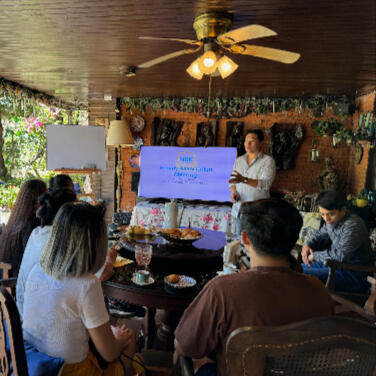
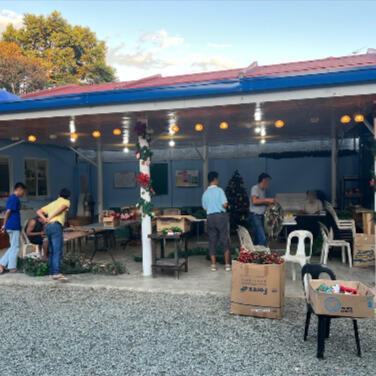
Accreditations & Affiliations
Member of the Federation of Therapeutic Communities in Asia (FTCA)
Affiliated with Self Enhancement for Life Foundation (SELF)
© Untitled. All rights reserved.